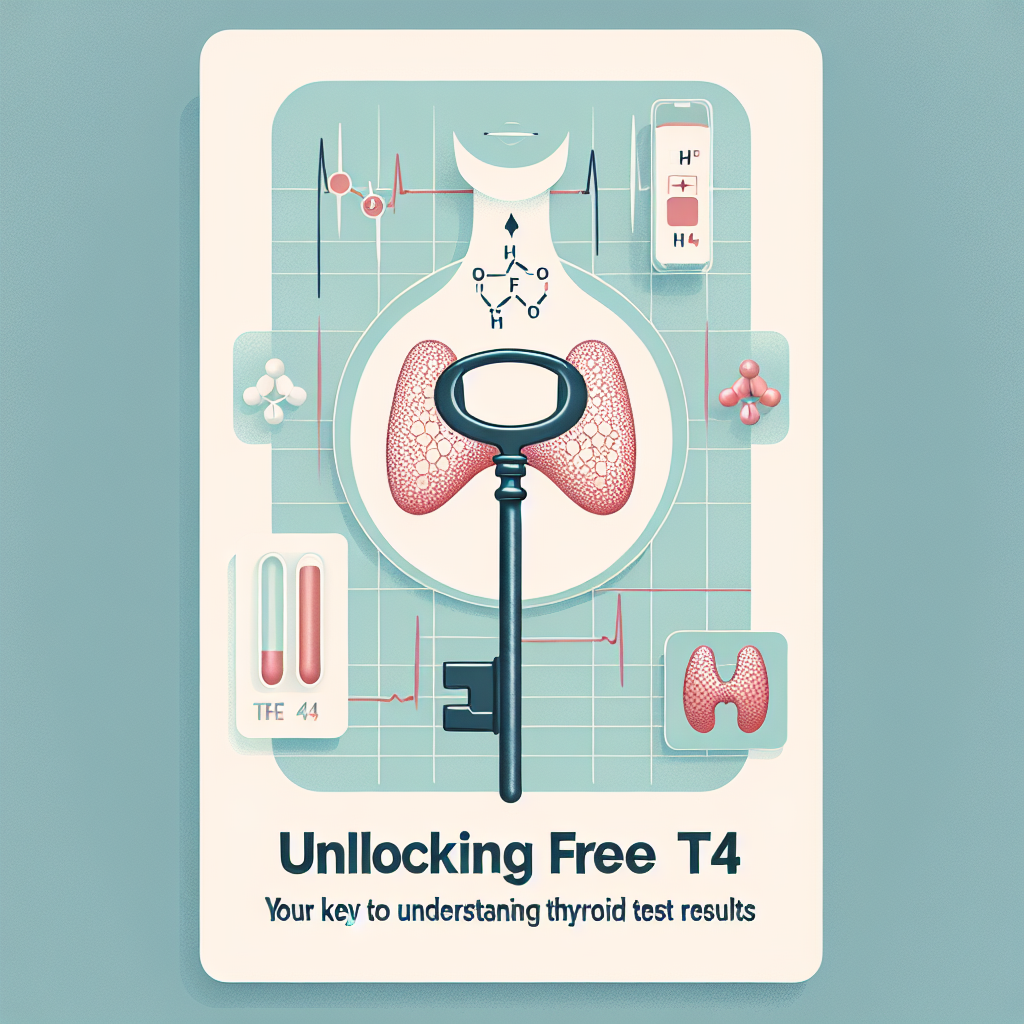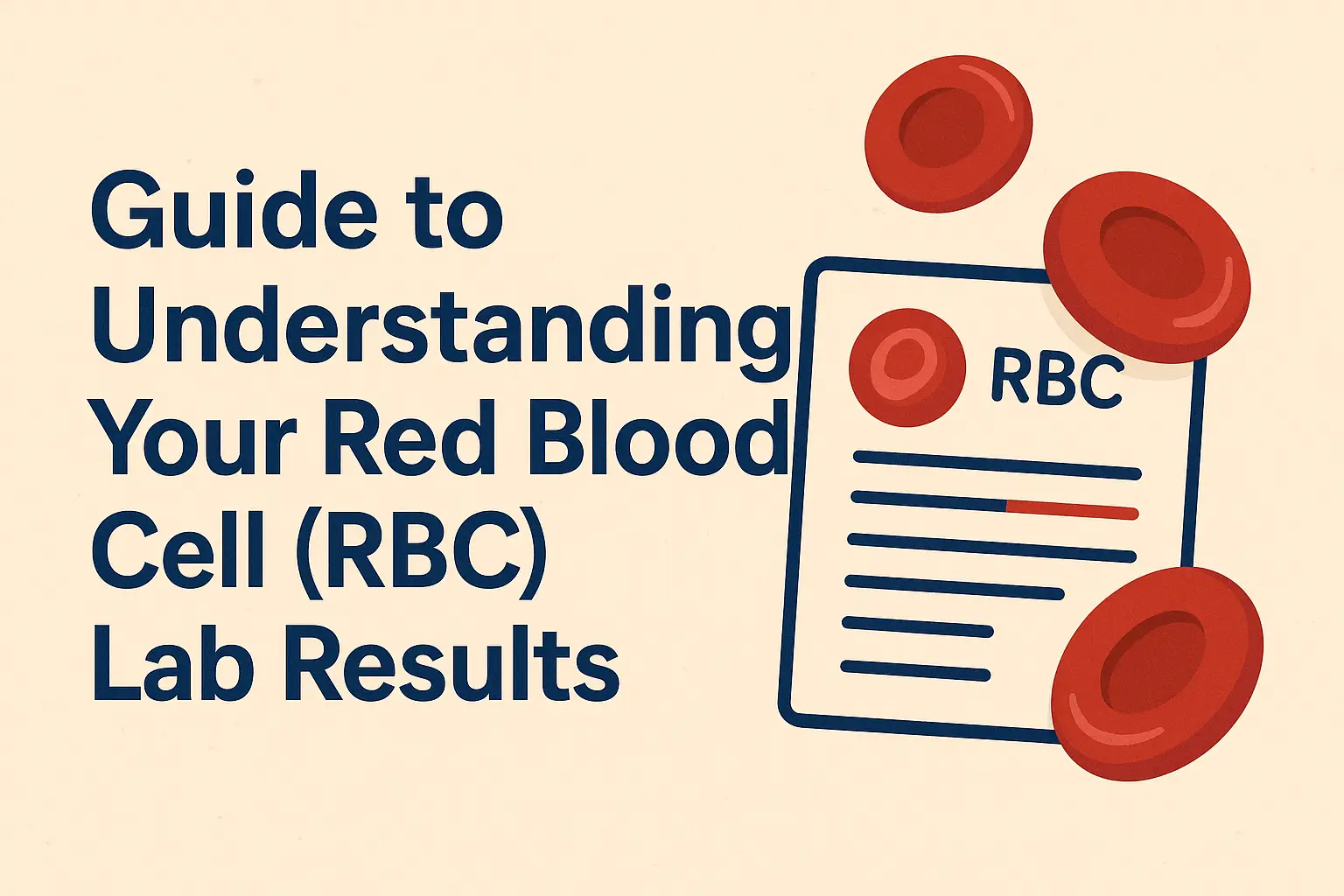Understanding your lab test results can prompt a variety of inquiries, especially when it comes to coagulation metrics like TP/INR. This measurement, which may sometimes fall outside normal reference ranges, is often associated with the function of vitamin K. Grasping what this parameter signifies is crucial for accurately analyzing your health data. This article aims to help you comprehend the essentials of vitamin K, its significance for your well-being, and what actions to take should your results show any discrepancies.
What is Vitamin K? Its Key Role in Coagulation
Vitamin K encompasses a group of fat-soluble vitamins that play a vital role in numerous bodily functions, most notably in blood coagulation.
The Different Forms of Vitamin K
There are primarily two significant forms of vitamin K for humans:
- Vitamin K1 (phylloquinone): Predominantly found in our diets, especially in dark green vegetables like spinach, cabbage, and broccoli.
- Vitamin K2 (menaquinones): This form is partially synthesized by bacteria residing in the gut. Fermented foods (like natto) and animal products (like liver and some cheeses) also contain vitamin K2.
Mechanism of Action in Coagulation
Your body acquires vitamin K from your diet, and once absorbed in the intestines, it is delivered to the liver. Here, it activates crucial proteins known as “coagulation factors,” which are essential for proper clotting.
Picture a series of dominoes set up in a line. Vitamin K positions these dominoes. When an injury occurs, the first domino tips, setting off a chain reaction that culminates in the formation of a blood clot, effectively halting bleeding. A deficiency in functional vitamin K means some dominoes are unprepared, stalling the cascade. For instance, prothrombin, an essential coagulation factor, relies on vitamin K to operate.
The Impact of Vitamin K on Your Overall Health
A deficiency in vitamin K can result in tangible health issues. Low levels of vitamin K heighten the risk of bleeding, which may manifest as easy bruising, nosebleeds, or abnormal menstrual bleeding.
Beyond Coagulation: Bones and Arteries
Studies have indicated that vitamin K also significantly influences other health areas:
- Bone Health: Especially vitamin K2, activates a protein called osteocalcin, which is vital for binding calcium to the bone matrix, thereby enhancing bone strength. Inadequate vitamin K levels may eventually lead to weakened bones.
- Cardiovascular Health: It activates another protein known as MGP, which helps prevent harmful calcium buildup in the arteries. This condition, known as calcification, poses a significant cardiovascular risk, and adequate vitamin K helps keep blood vessels flexible.
Who is At Risk for Vitamin K Deviation?
Severe deficiency is uncommon among healthy adults, but certain populations, such as newborns, individuals with chronic intestinal conditions (like Crohn’s or celiac diseases), or liver disorders, are more susceptible. Additionally, those on specific medications, such as long-term antibiotics or anticoagulants (vitamin K antagonists), should monitor their vitamin K levels closely.
How to Interpret Your Lab Test Related to Vitamin K?
Typically, vitamin K levels are not measured directly. Instead, we assess its impact on coagulation through tests such as Prothrombin Time (PT) and INR (International Normalized Ratio).
Interpreting a Result Line
Your lab report may include data in the “Hemostasis” section, like the following:
- Prothrombin Time (PT) ……. 85 % (Reference Ranges: 70 – 130 %)
- INR ………………………. 1.1 (Reference Ranges: 0.8 – 1.2)
PT evaluates the time taken for clotting as a percentage of a standard value. Conversely, INR is a standardized ratio that allows for the comparison of results across different laboratories. A low PT or a high INR (outside of anticoagulant therapy) indicates protracted clotting time.
Why Assess the Effect Instead of Direct Vitamin Levels?
Directly measuring vitamin K is complex and expensive. More importantly, the PT and INR values reflect its functional activity. Thus, they serve as a more reliable indicator of clinical risk, verifying whether the coagulation system is operating at the correct pace.
Conditions Linked to Vitamin K Imbalance
A TP/INR reading that falls outside the normal range serves as an alert for possible issues in coagulation.
Insufficient Action Level (Low PT / High INR)
This scenario is the most frequently observed and indicates a heightened risk of bleeding.
- Potential Causes: Low dietary intake, intestinal malabsorption, liver issues, or the use of specific medications. Vitamin K antagonist anticoagulants intentionally target this effect to thin the blood.
- Possible Symptoms: You may experience easy bruising, bleeding from the gums or nose, heavy periods, or prolonged bleeding after an injury.
- Additional Tests: Follow-up tests, like a liver panel, may be requested by your healthcare provider to determine the underlying cause.
Excessive Action Level (High PT / Low INR)
This occurrence is much rarer in individuals who are not undergoing anticoagulant therapy.
- Potential Causes: Excessive supplementation of vitamin K can result in this situation. In patients treated with VKAs, sudden and large amounts of vitamin K (from diet or supplements) may negate the treatment effect, increasing the risk for blood clots (thrombosis).
- Possible Symptoms: Generally, there are no direct symptoms unless complications arise in patients receiving VKAs.
Practical Advice for Managing Your Vitamin K Status
When facing a discrepancy, consider taking actionable steps, always in consultation with your healthcare provider.
When to Seek Medical Advice?
- Minor deviation without symptoms: Discuss during your upcoming appointment.
- Major deviation or onset of symptoms: Consult your physician immediately.
- Undergoing VKA treatment: Adhere to your doctor’s advice for any adjustments.
- Experiencing significant bleeding: Seek emergency medical attention without delay.
Specific Nutritional Recommendations
If a deficiency is suspected (excluding VKA treatment), dietary modifications may be helpful.
- Boost K1 Sources: Regularly consume dark green vegetables, such as spinach, cabbage, broccoli, and parsley.
- Include K2 Sources: Foods like natto, certain aged cheeses, and the yolks of eggs provide this form of vitamin K.
- Enhance Absorption: Pair these foods with healthy fats like olive oil to optimize absorption.
Stability in Intake: The Key for Those on VKA
If you are taking vitamin K antagonist anticoagulants, consistency is paramount. Instead of avoiding vitamin K-rich foods, focus on maintaining a steady daily intake. Any significant dietary change should be communicated to your provider, as it may require an adjustment in your treatment dosage.
Frequently Asked Questions About Vitamin K
Why Measure INR if I’m Not Taking Anticoagulants?
INR is a highly reliable test that evaluates the overall functioning of vitamin K-dependent coagulation processes. It can indicate issues (such as an undiagnosed liver condition) even if vitamin K levels are within the normal range. Additionally, it is a quick, economical, and well-standardized assessment.
Can Antibiotics Affect My INR?
Yes, they can. Prolonged use of broad-spectrum antibiotics may diminish the intestinal bacteria responsible for producing vitamin K2. This effect is usually minor and reversible once the antibiotic course is completed.
What Should I Do if I Have Abnormal INR but Normal Liver Panel?
If your liver is functioning well and you’re not on VKAs, your doctor may investigate other possibilities, such as subtle intestinal malabsorption, drug interactions, or rare congenital deficiencies.
Does Vitamin K Make the Blood Thicker?
This phrase is an oversimplification. Vitamin K does not thicken the blood; it is crucial for ensuring normal blood coagulation. Consuming it through food is not dangerous for healthy individuals. The risk arises for patients on VKAs, as excess vitamin K can offset their treatment.
Are There Other Long-Term Effects of Vitamin K Deficiency?
Indeed, vitamin K deficiency—especially when prolonged—can lead to elevated risks of osteoporosis and may contribute to arterial calcification. Therefore, maintaining adequate vitamin K levels is vital for overall health.
Additional Resources
- To broaden your understanding of this blood marker, click here.
- For further insights into other blood markers, explore more articles here.
Unsure About Your Blood Test Results?
Gain immediate clarity. BloodSense provides rapid interpretations of your blood test results online. Our secure platform simplifies complex medical data into a clear, understandable report. Take charge of your health today by visiting bloodsense.ai for personalized insights.







